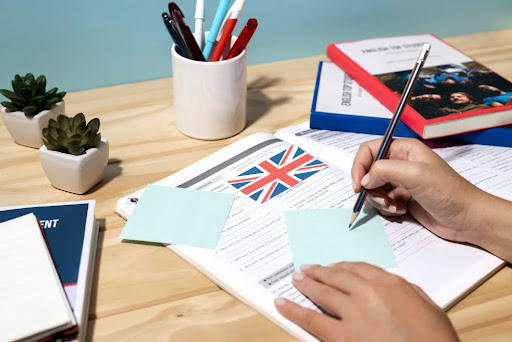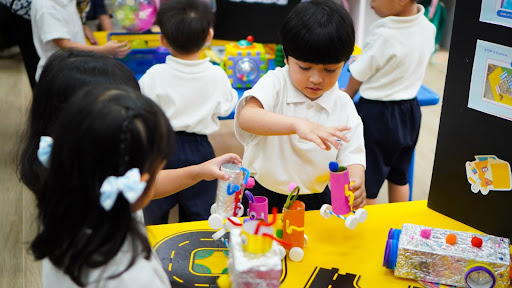Developing independence skills in a child or toddler is crucial for their overall growth and development. It allows them to become self-reliant individuals who can confidently and competently navigate life. When children acquire independence early, they develop enhanced abilities to confront obstacles and adjust to novel circumstances. Independence skills enable them to explore their environment, develop their interests, and pursue their passions. This sense of exploration fosters creativity, curiosity, and a thirst for knowledge, laying a solid foundation for lifelong learning.
Additionally, independence skills promote resilience and perseverance. Children encouraged to try new things and solve problems independently develop a growth mindset. They learn to embrace failures as learning opportunities and develop problem-solving skills that enable them to overcome obstacles. This resilience benefits them in childhood and prepares them to face the challenges of adulthood with a positive attitude.
8 Tips for Nurturing Independence Skills in Your Child or Toddler
Nurturing independence skills in your child or toddler is a gradual process that requires patience, guidance, and consistent encouragement. Here are a few tips to assist you in promoting self-reliance in your child:- Provide age-appropriate responsibilities: Assign your child tasks suitable for their age and abilities. This could include simple chores like picking up toys, setting the table, or feeding a pet. Start with small tasks and gradually increase the level of responsibility as they grow.
- Encourage decision-making: Allow your child to make choices within appropriate boundaries. Offer them options when selecting their clothes, deciding what activities to engage in, or choosing between two snack options.
- Teach self-care skills: Teach your child how to care for themselves independently. This includes dressing, brushing their teeth, and using the toilet. Offer guidance and break down complex tasks into smaller steps to make it easier for them to learn and practice.
- Foster problem-solving skills: Encourage your child to solve problems independently by providing opportunities to think critically and find solutions. Please resist the urge to intervene immediately and instead guide them through the problem-solving process.
- Allow for natural consequences: When possible, allow your child to experience the natural consequences of their actions. For instance, if they forget their lunch box at home, let them face the consequences of going without lunch for the day.
- Support their efforts: Acknowledge and praise your child's efforts and achievements as they practice independence. Provide positive reinforcement and celebrate their accomplishments, no matter how small. This builds their confidence and motivates them to continue developing their independence skills.
- Foster a safe and supportive environment: Create an environment where your child can explore and make mistakes. Encourage open communication and be approachable so that they can seek guidance when needed. Avoid excessive hovering or overprotectiveness, as it may hinder their independence.
- Model independence: Be a role model by demonstrating independence in your actions. Let your child observe you engaging in tasks independently and problem-solving effectively. Children learn by imitation, so seeing you exhibit independent behaviors will inspire them to do the same.


